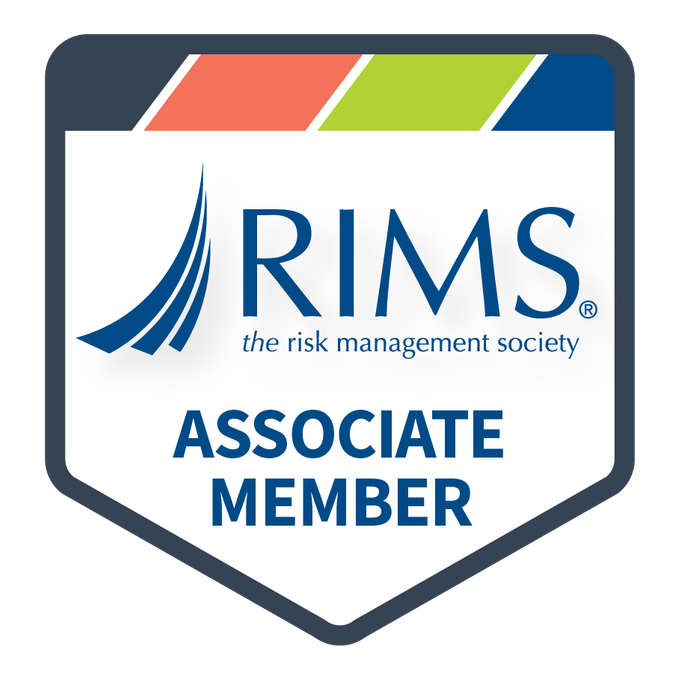Minimize Business Interruptions
Whether disaster strikes to your home or your commercial property, we are the team you can trust to get you through these difficult times and restore your property to its original condition as quickly as possible.
We are experts in the field and we have seen it all, so there is nothing that we can't handle.
ServiceMaster TRS brings more than 65 years of franchise-backed experience to every challenge, yet we remain locally owned and operated and share a special sense of community with property owners here in Northeast Houston. You and your wellbeing matter the most to us. After we have finished our job, we will always give you a follow-up call to ensure that you are satisfied with our services. Whatever your restorative or cleanup needs, you can rest easy knowing that your business or home is in the most capable of hands.
Our team has managed large projects in the most sensitive of environments such as military installations, research and development facilities, healthcare environments, clean rooms and more. Our highly experienced and versatile large loss experts understand that each client’s needs are unique and require a tailored recovery solution. With SRM, there is no job too big and no detail too small.

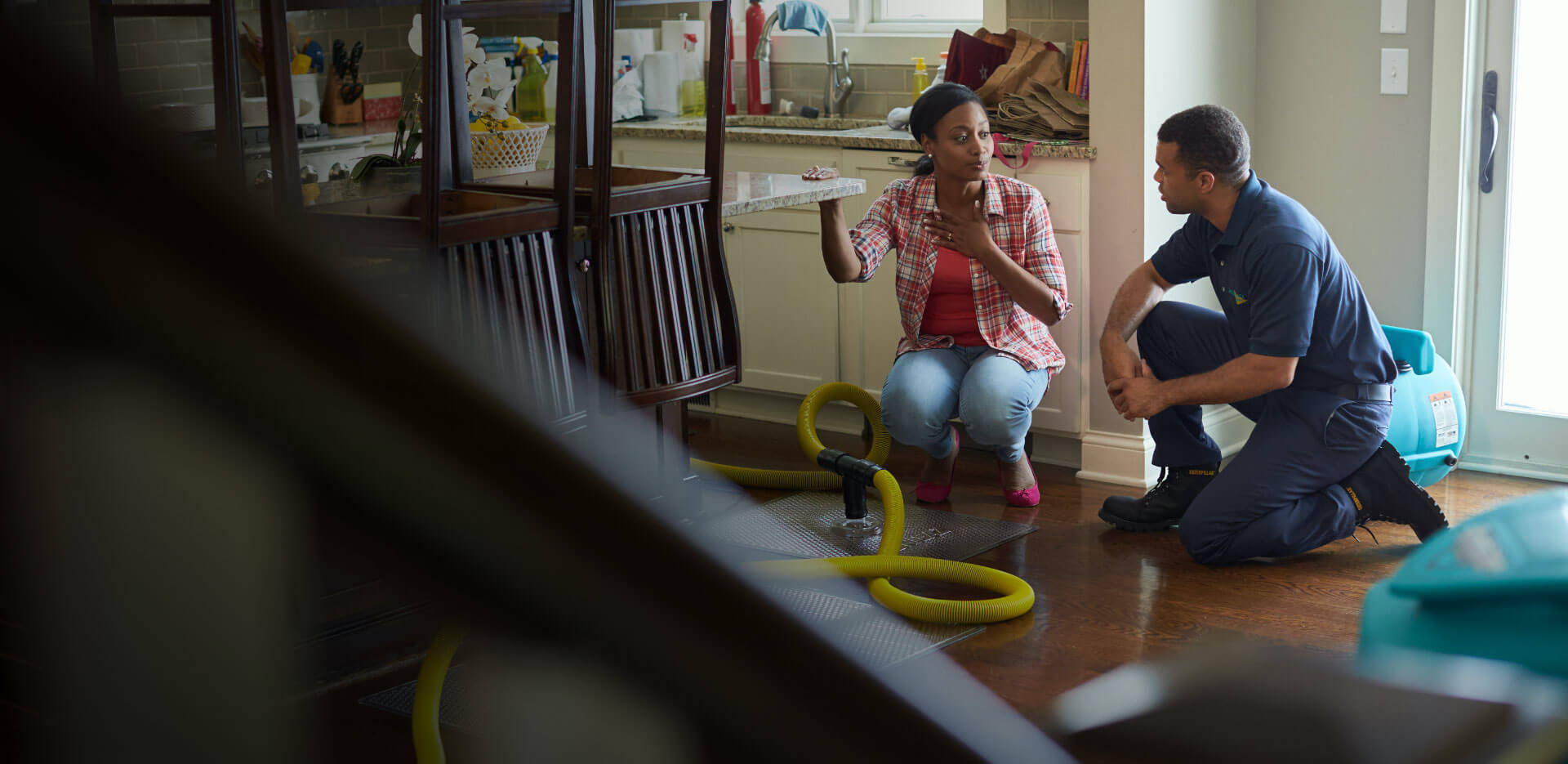
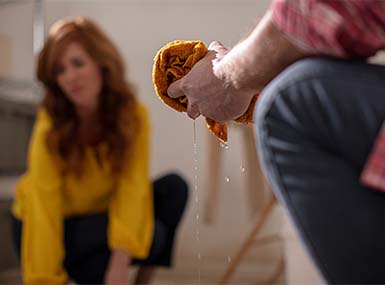
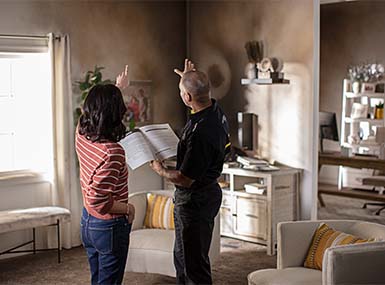
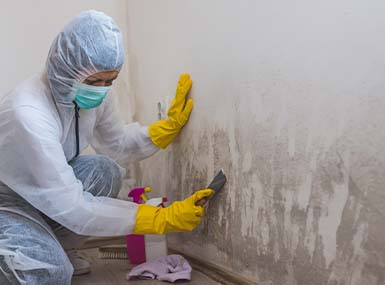
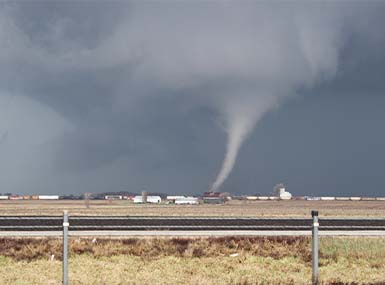
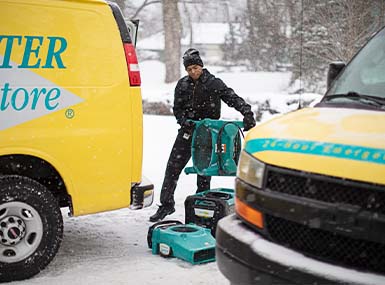
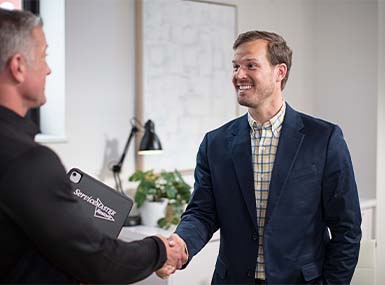
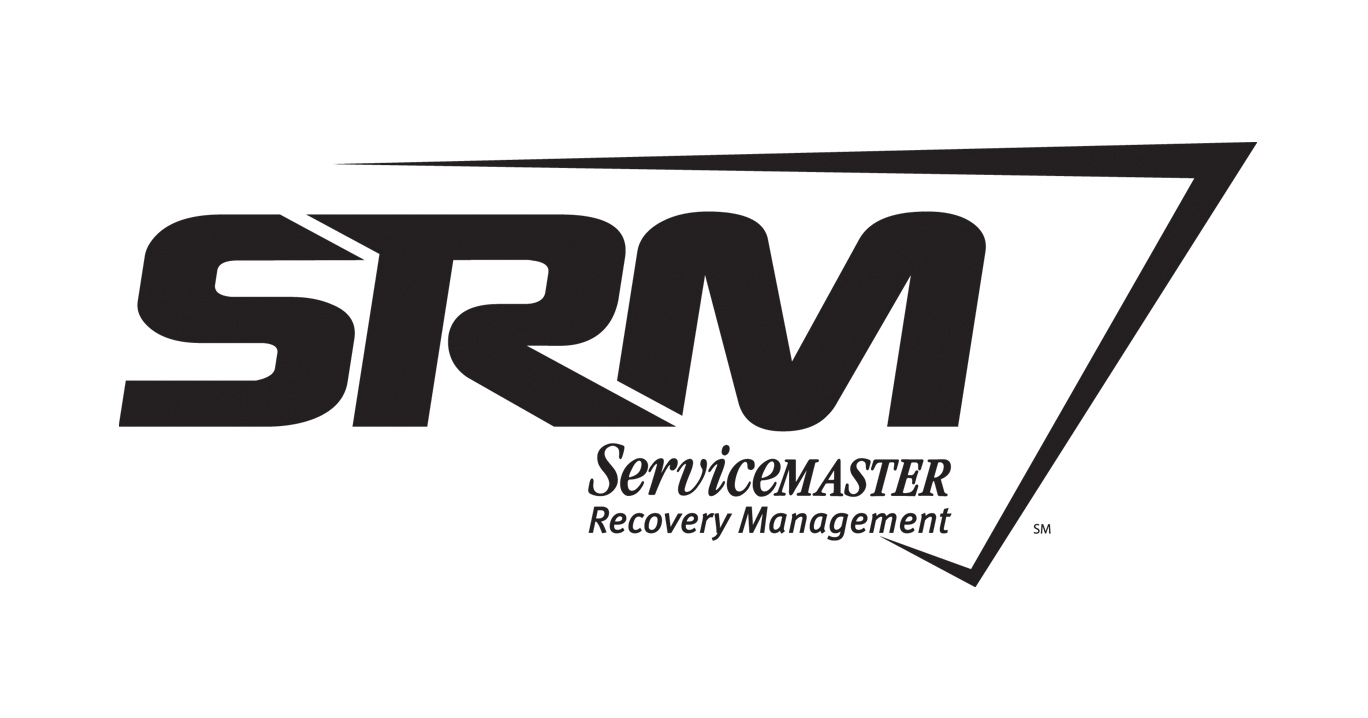

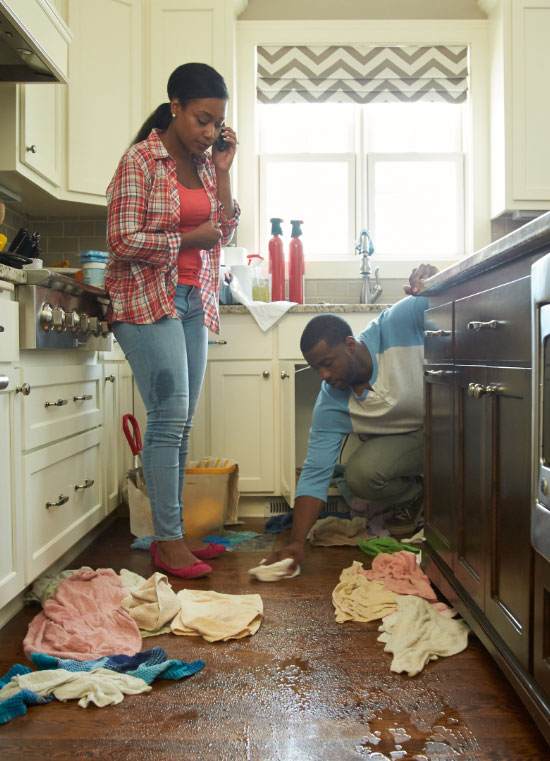
.2008251600279.png)
.2008251600265.png)
.2008251600267.png)

